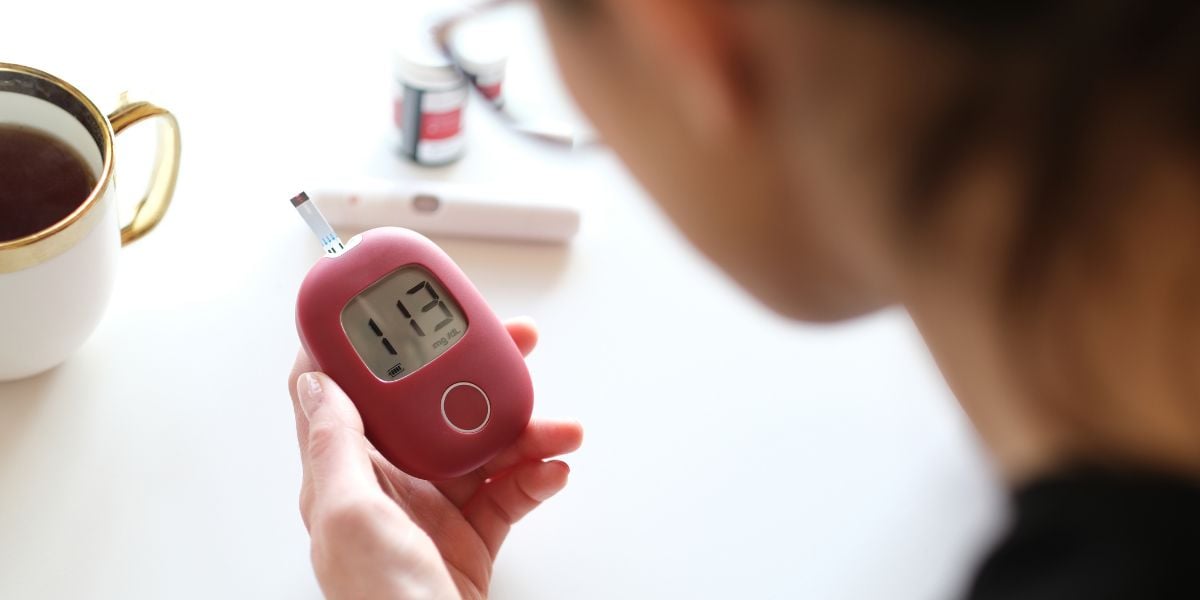If you are regularly having high sugar levels before breakfast , there are a number of causes which could be the reason for it.
Below are some of the more common reasons, including an explanation of how they can cause high sugar levels and what action you may wish to take to tackle the problem.
For advice on how to spot high patterns, see our guide to dealing with highs and lows
- Too little intermediate or long acting (basal) insulin
- Having a meal with a delayed spike for dinner
- Unplanned snack before bed or during the night
- Having been less active than normal the day before
- Dawn phenomenon
- Somogyi effect
- If you are taking Levemir during the morning
Too little intermediate or long acting (basal) insulin
If you are consistently getting high readings before breakfast, it could be that your long acting (basal) insulin is too low. If you take intermediate insulin (such as NPH insulin), consistently high sugar levels in the morning could be the result of taking too little intermediate insulin at dinner time.
Action
Consider increasing your dose of long acting or intermediate insulin. If increasing your insulin, do so gradually and test your blood glucose regularly to identify whether your blood glucose is going to low as a result. As always, be prepared to test your blood glucose if you feel the symptoms of hypoglycemia.
If you at all unsure of how or whether to adjust your insulin, speak to your diabetes health team who will be able to help you.
Be careful if you are considering increasing insulin
Make sure your health team are happy for you to adjust your own insulin doses and consult them if you are in any doubt. If you increase your insulin, do so gradually to prevent risking severe hypoglycemia from occurring and test your sugar levels regularly to check low sugar levels are not occurring
Having a meal with a delayed spike for dinner
Some meals have a delayed spike, that is they can cause a significant rise in blood sugar levels that occurs a number of hours after having eaten.
Meals that can typically lead to a delayed increase in blood glucose levels include:
- High protein content
- Pasta
- Pizza, pastry or other foods with a high fat content
Action
When having these kinds of meals, aim to take a blood test 5 or 6 hours after eating.
You may need to wake during the night to take the test. If blood glucose levels are high, you may need to take an extra dose of insulin after having eaten these meals.
Consult your health team for advice on managing the insulin for these meals.
Unplanned snack before bed or during the night
High sugar levels in the morning may also result if you have had an unplanned snack before bed or during the night This could also include if you have had a larger snack than usual before bed.
Action
Aim to avoid having unplanned snacks. Unplanned snacks can sometimes be the result of having higher too high or too low sugar levels, so bear this in mind. Another possible reason is if you have been having light dinners that may not be keeping you satisfied.
If you are not testing before snacking, you may find it helpful to test before you snack to see if the urge is related to high or low sugar levels.
Having been less active than normal the day before
If you are usually quite active during the day then having a day with significantly less activity than normal could result in higher blood glucose levels through the through the following night.
Action
Try to include more activity into your less active days where possible. If this is not possible, consider slightly increasing your long term or intermediate insulin after a less active day.
Dawn phenomenon
The dawn phenomenon describes an effect in which the liver releases glucose into the blood to prepare the body for waking. The American Diabetes Association states that the hormones responsible for dawn phenomenon tend to occur between 4 and 5am.
Action
To test for the presence of dawn phenomeno, wake up to take a blood glucose test between 3 and 4am and again after waking.
If your blood glucose has risen considerably between the two tests, it could be the result of dawn phenomenon.
Note that another possible cause for a rise in blood glucose levels can be if you take Levemir injections in the morning. See lower down this page for more information.
Somogyi effect
The Somogyi effect describes a possible over-reaction of the body to correct hypos during the night.
There is some doubt as to the validity of the Somogyi phenomenon but research has yet to conclusively either confirm or disprove the effect.
Action
To test for the possibility of the Somogyi phenomenon occurring, test your blood glucose at 3am to see whether nocturnal hypoglycemia is occurring.
If you are getting low blood glucose levels during the night, treat the hypo and re-test when waking. Night time hypos can be prevented either by taking a carbohydrate based snack before bed, or by decreasing your long term insulin.
If you take intermediate insulin at dinner, decreasing this dose will reduce the likelihood of nocturnal hypos.
If you reduce your long term insulin or intermediate insulin, test your blood glucose through the day to see if your sugar levels are going higher at other points of the day. If this is the case, you may need to adjust one or more other doses.
If you are taking Levemir during the morning
Levemir is a long acting insulin that has duration of between 18 and 24 hours.
If you take Levemir in the morning, this can mean that the effects of the insulin can wear off during the night.
This may also be the case, albeit to a lesser extent, if you are on a split dose of Levemir, that is taking an injection during the evening and an additional dose at breakfast.
Action
If you think the duration of Levemir could be influencing higher breakfast blood glucose readings, speak to your diabetes health team who will be able to advise you on the best action to take.






